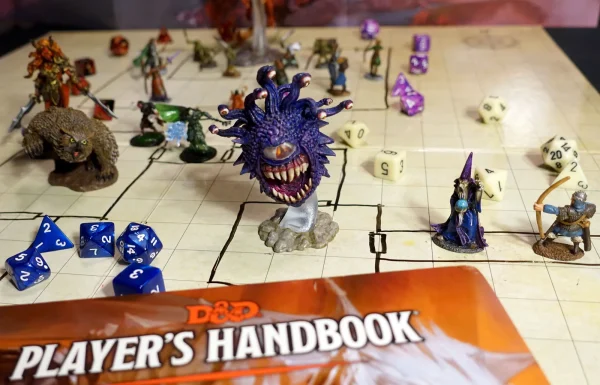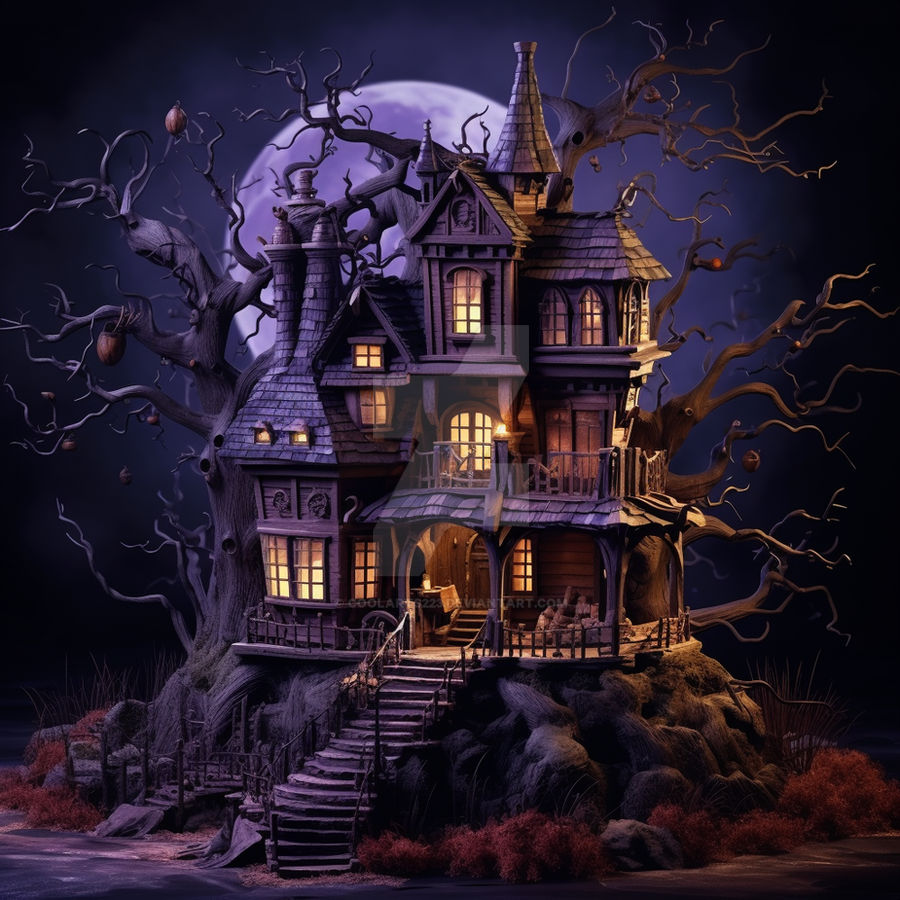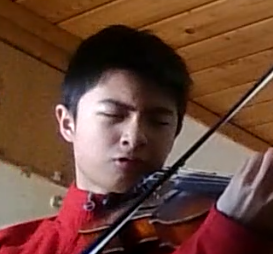Dungeons & Dragons is a unique video game where characters interact with each other, each vying for victory. Its new changes, such as eliminating the ace of the characters, have caught not only the attention of gamers but also Elon Musk and the New York Times. This article will try to answer: how did this come to this stage? How did a video game, and not a book, a movie, or a poster, become a cultural foreground of opinions? And most of all: how does Dungeons & Dragons, out of all things, relate to the violin?
This all started just recently. Dungeons & Dragons has wanted to implement changes that are more reflective of the current cultural environment: “Races” of characters are now “species” and character traits have been directed from biological identity. The board game company has said accomplishing these changes has made the game more welcoming and inclusive, which allows every type of player to feel welcomed. Ultimately, it says that is a game for pleasure; pleasure should reflect everyone, not just a subset.

Understandably, critics have not been receptive to these changes. Some have said the company is compromising innovation with authenticity, including Kyle Mann, chief editor of the right-leaning newspaper the Babylon Bee. Elon Musk himself replied to Mann, who was reporting about Dungeons & Dragons, “How much is Hasbro?” Despite all these criticisms, Dungeons & Dragons have felt confident that this course of action is the best way forward. “You’re doing something for pleasure; This isn’t a place you need to be forced to experience something you don’t want to go through,” says Akshay Arora, a software engineer in the company who personally found each new change refreshing.
I feel that diversity, equity, and inclusion are quite challenging. Looking at how a board game company can get criticized for changes it has made, I can see where the frustration is. I get how the gamers just want to game – no politics injected. I also get that the company wants to be responsive to every member of its audience, including some who may be transgender, African-American, and women. The changes blossomed in a trans person’s eye. The changes represented political incisions into a plain old video game in another pair of eyes. Remaining as neutral as possible, each side has credible arguments. Letting the ones playing it — the gamers — decide what is the best trajectory forward will allow the company to be the most responsive to its audience. Several gamers have already felt disillusioned by the company’s higher-ups — which includes Akshay — to legislate.
But what can be agreed upon is this: Presently, there are no violin board games. I suggest to Dungeons & Dragons that a board game of violin facts, where players help one another grind through music theory landmines, will be beneficial for its overall financial image and publicity. After all, it is not controversial, unlike the equity and inclusion changes hammered throughout the article. With the music industry and the video game industry quite distant, Dungeons & Dragons can bridge the gap. Educating and having fun envelop joyful moments. Isn’t that the “pleasure” Akshay Arora has religiously preached?













